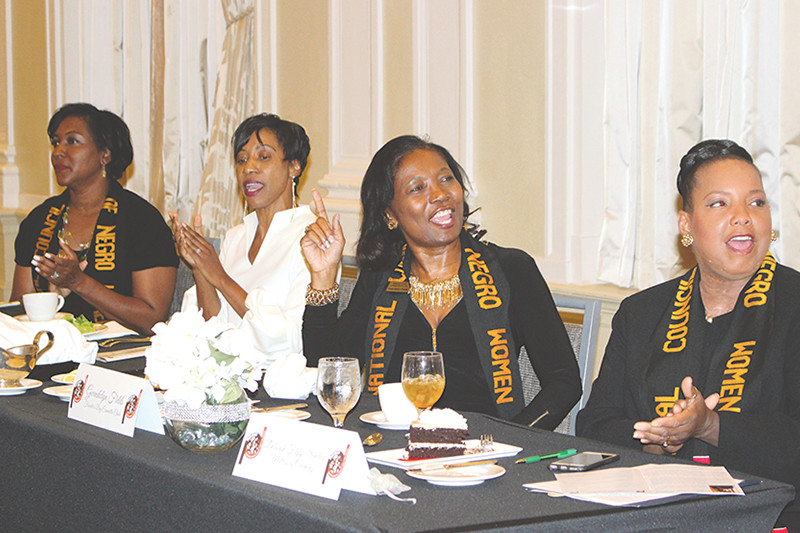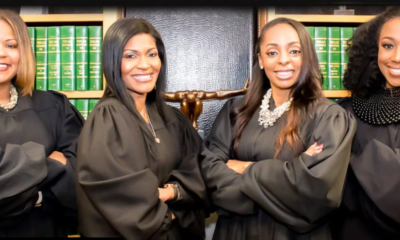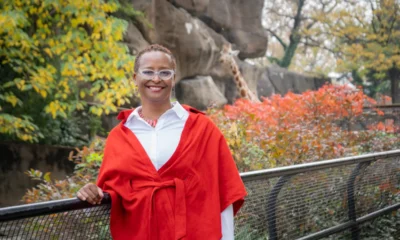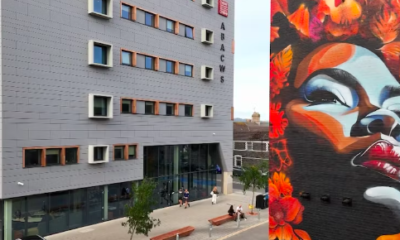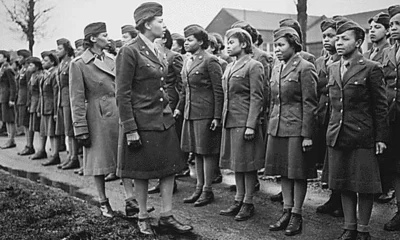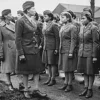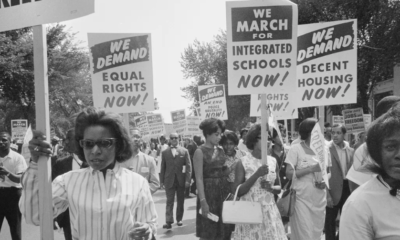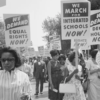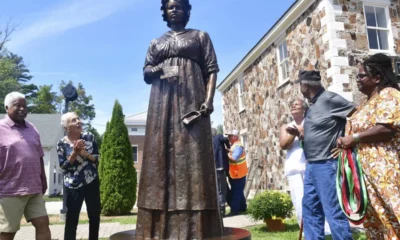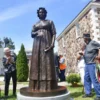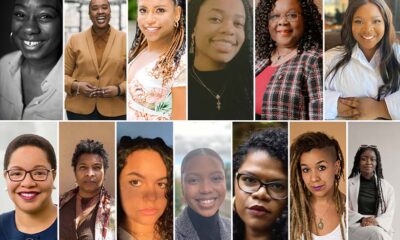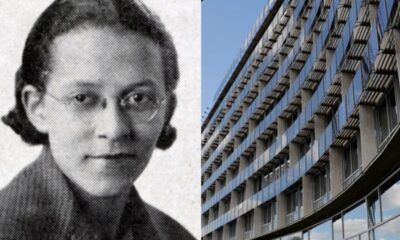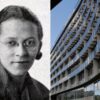Black Women in History
NCNW celebrates 75 years
The St. Petersburg Metropolitan Section of the National Council of Negro Women, Inc. (NCNW) celebrated 75 years of building on the legacy of their founders at the annual Founder’s Day Luncheon held in May.
First Vice President Angela Rouson gave the occasion and led the charge for members to “repeat, if not exceed” the legacies left by Dr. Mary McLeod Bethune and Fannye A. Ponder.
“Today we celebrate their legacy and honor. We charge you to paint a similar legacy for those who follow us,” said Rouson. “Seventy-five years in the St. Petersburg community serving and celebrating the African-American woman and the African-American family, we strive to have an impact on those in our community and beyond.”
In 1935, distinguished educator Dr. Bethune brought together eminent women leaders to discuss the need for united planning and concerted action by women’s organizations. The consortium of women saw the need for uniting black women in social planning forums and actions on local, national and international levels.
President Franklin Roosevelt soon appointed Dr. Bethune as the director of affairs of the National Youth Administration as a special advisor. To address this need, she founded and organized the NCNW.
Dr. Bethune was close friends with the Ponder family and treated young Ponder as a daughter. After returning from a trip to Washington, DC, with Dr. Bethune, Ponder was inspired to build onto her legacy and thus the St. Petersburg Metropolitan Section was born.
This local affiliate of the NCNW was established in 1942 to effect the integration of African Americans…
Please read original article – NCNW celebrates 75 years



